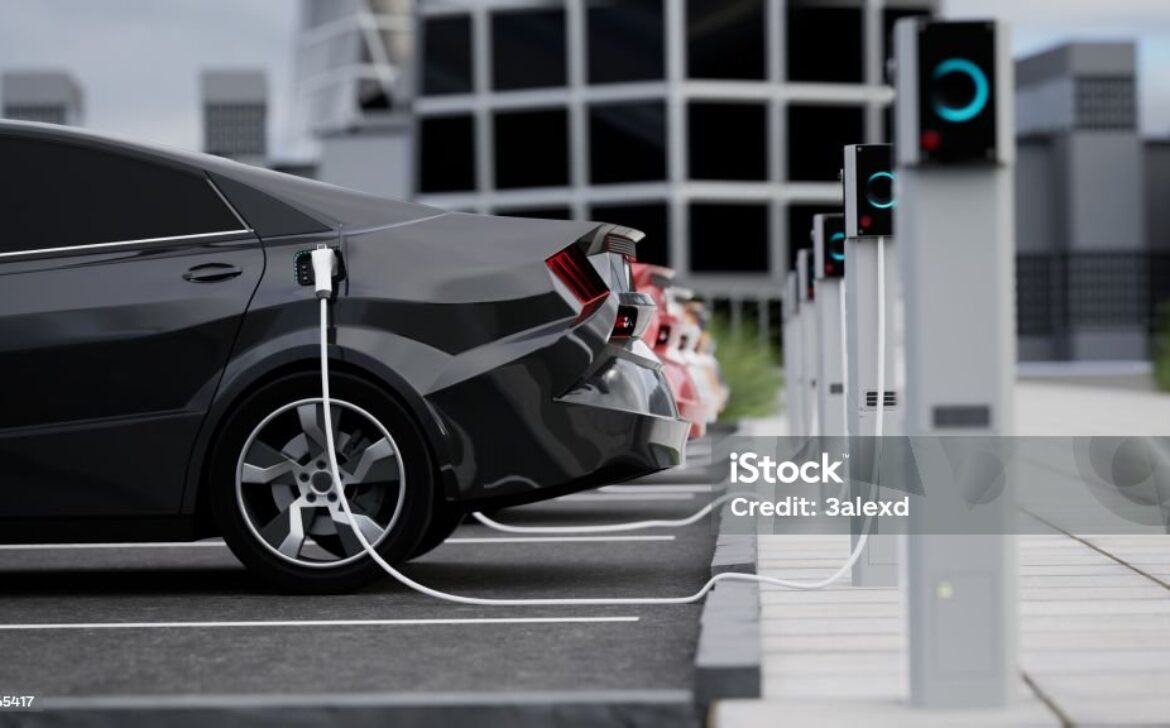The Rise of Electric Vehicles: Revolutionizing Transportation
Electric vehicle charging port plugging in EV modern car. save ecology alternative energy sustainable of future. Electric car charging station The automotive industry is undergoing a seismic shift with the advent of electric vehicles (EVs). As concerns about climate change and fossil fuel dependency grow, EVs have emerged as a promising solution to reduce carbon emissions and promote sustainable transportation. This blog explores the rise of electric vehicles, their benefits, challenges, and the future of this innovative technology. In recent years, the popularity of electric vehicles has surged. Global sales of EVs have witnessed exponential growth, driven by advancements in battery technology, increased environmental awareness, and supportive government policies. Countries like Norway, China, and the United States are leading the charge in EV adoption, with significant investments in charging infrastructure and incentives for consumers. Despite the many benefits, the widespread adoption of EVs faces several challenges: Generic modern car against concrete wall. This is entirely generic, brandless vehicle modeled without any real references. Entirely 3D generated image. The future of electric vehicles looks promising. As technology continues to evolve, we can expect even greater improvements in battery efficiency, range, and charging infrastructure. The integration of renewable energy sources for charging, such as solar and wind power, will further enhance the sustainability of EVs. Furthermore, the automotive industry is witnessing a shift towards shared mobility and ride-sharing services. Electric vehicles are well-suited for these applications, offering lower operating costs and reduced environmental impact. The combination of autonomous driving and electric power could revolutionize urban transportation, making it safer, more efficient, and environmentally friendly. Electric vehicles are driving a transformative change in the transportation sector. With their environmental benefits, cost savings, and technological advancements, EVs are poised to play a crucial role in the fight against climate change and the pursuit of sustainable mobility. As the industry continues to innovate and overcome challenges, the widespread adoption of electric vehicles will pave the way for a cleaner, greener future. 
The Rise of Electric Vehicles: Revolutionizing Transportation
Introduction
The Growth of Electric Vehicles
Benefits of Electric Vehicles
Challenges and Solutions

The Future of Electric Vehicles
Conclusion

